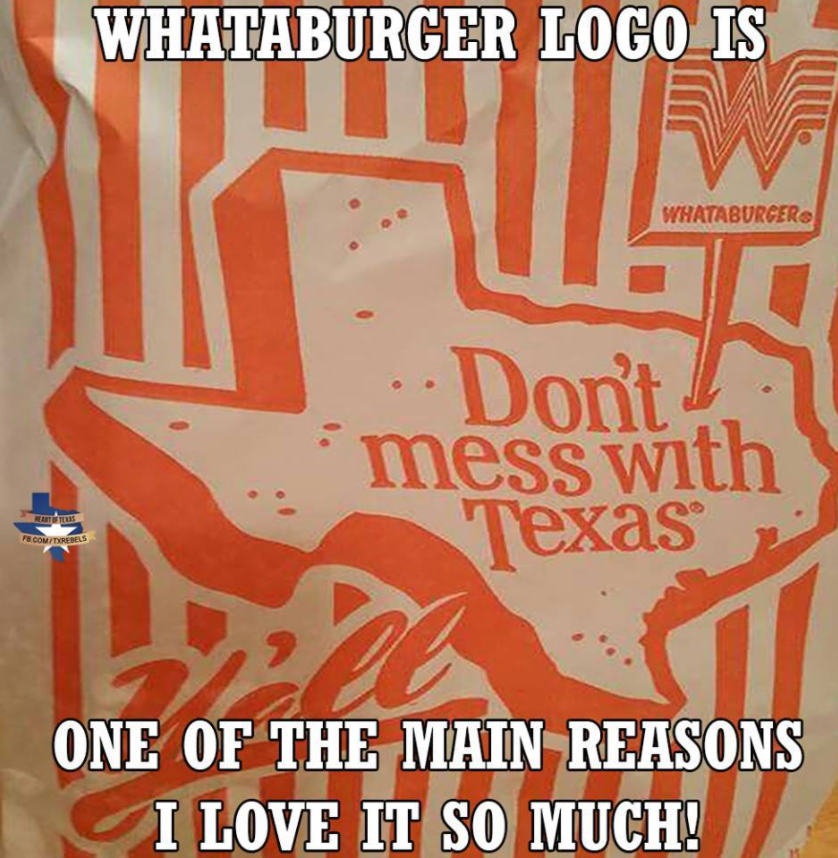Last week’s mammoth indictment, identifying 13 Russians and a trio of Russian companies for leading a social media interference campaign in the U.S., revealed several details of the operation that would each be newsworthy on their own: The fact that Russian operatives communicated with unidentified Americans in Texas and took trips through Nevada, Colorado, and Illinois; the new insight into their fake PayPal accounts, stolen identities, and the lengths to which the Russian operatives went to mask their tracks.
Special Counsel Robert Mueller offered a wealth of new information outlining Russia’s social media interference efforts during and after the 2016 campaign, resulting in a blistering, 37-page look into how the Russian Internet Research Agency’s fraudulent social media operations “primarily intended to communicate derogatory information about Hillary Clinton… and to support Bernie Sanders and then-candidate Donald Trump.”
Lost amidst the furor, however, is one peculiar, overlooked reality. For as much detail as Mueller’s indictment offered about the budgetary plans and travel itineraries of the Russian operatives, it didn’t reveal anything new about the content of these fake Russian Facebook pages, or the events organized therein. While Mueller’s indictment provided a comprehensive overview of the operation, the themes, events, and content pushed by the Russian Facebook pages had all been reported elsewhere.
That is to say: We learned plenty about what went on behind the scenes, but effectively nothing about what these Russian operatives actually pushed to the nearly 150 million combined Facebook and Instagram users unwittingly exposed to Russian material.
That lack of insight is the latest strike against Facebook, whose reactions to revelations about Russian meddling have moved between begrudging acceptance and outright denial. Nearly six months after Facebook first announced it had removed numerous fake Russian accounts, our window into the actual content of these operations — of what was on the Russian pages, rather than just the ads the Russian operatives purchased — remains remarkably limited.
For instance, one of the biggest takeaways from the indictment seemed to be that these Russian efforts backed both Sanders and Green Party candidate Jill Stein — herself a font of pro-Russian talking points throughout the election. But the links between Russian Facebook accounts and these two candidates have been public since September, when they were first reported by Politico.
Another takeaway pointed to Russia’s efforts at suppressing minority turnout. This too was reported months ago — including by ThinkProgress, which first broke the story of a Russian “news” site, targeting black Americans directly, in October. (Among the material linked to the site: posts describing Clinton as both “Satan’s daughter” and “The root of all evil.”)
Others appeared to only first realize, thanks to the indictment, that Russia had used these pages to organize rallies in the U.S. But we’ve known about these events — one of which included armed white supremacists — since September 7, with further events reported at length thereafter.
Facebook’s silence
Since all of the information in Mueller’s indictment regarding the front-end Facebook operations had already been reported elsewhere, where is the new information? Why has Facebook refused to release a comprehensive list of pages and posts, events and attendance, and the communications these operatives pushed through their fraudulent pages?
Facebook has consistently refused to help researchers and journalists attempting to piece together Russia’s interference efforts.
One possible answer lies in the fact that Mueller almost certainly has more indictments forthcoming, which could include more information about the fraudulent Facebook accounts. Perhaps Mueller is sitting on other pages that Facebook has passed along, waiting to be bundled in further indictments.
But another, perhaps likelier answer lies in a pattern Facebook has demonstrated time and again when it comes to revealing information about Russian efforts: offering as little as possible when the company’s representatives answer any questions, and outright silence at all other times. The company has consistently refused to help researchers and journalists attempting to piece together Russia’s interference efforts, either by withholding information or stonewalling reporters.
Unlike Twitter, whose Internet Research Agency-related accounts found their way to the public via the House Intelligence Committee, Facebook has still refused to release of list of the hundreds of accounts linked to Russian operatives, instead pushing a ham-fisted attempt at notifying affected users months later. Or as the New York Times recently wrote:
In real-world terms, a part of Facebook still sees itself as the bank that got robbed, rather than the architect who designed a bank with no safes, and no alarms or locks on the doors, and then acted surprised when burglars struck.
Russian propaganda lives on
A recent cover story from Wired helped shine some light on Facebook’s remarkable reticence to address the problem of Russian interference — with hints that the company may, at last, be coming around to the fact that it needs to tackle the issue proactively. Policy proposals remain relatively open-ended, with numerous details yet to be worked out, but between bruising Congressional hearings and a significant dent in the brand, there’s a sense that Facebook is finally coming around to the magnitude of the problem.
However, a handful of missteps over the past few days have called any transition into question, including a series of recent tweets from a Facebook executive that tried to delimit Russian efforts to ads alone — thereby appearing to undercut Mueller’s indictment. As the Washington Post wrote, “In a short string of tweets, in other words, Facebook’s vice president for advertising twisted and obfuscated the issues almost beyond recognition.”
But as ThinkProgress has discovered, a far more concerning, and potentially more dangerous, reality threatens to undermine Facebook’s claims at reform: the company still, clearly, doesn’t have the Russian propaganda besetting its company under control. As ThinkProgress revealed in October, Russian propaganda pushing material from the “Heart of Texas” page — the Russian account that organized armed white supremacists in downtown Houston, squaring off with counter-demonstrators — continued to live on in a separate Instagram account, even after Facebook had claimed it had removed the material in question. Facebook did not respond to questions in October, although the Instagram account was removed shortly after ThinkProgress’ reporting.
Now, some six months after Facebook first announced it was taking down the fake Russian pages, material from the “Heart of Texas” page continues to percolate around Facebook — and to a far more significant degree than Facebook has revealed.
The “Texas in my Heart” page, which first went live last May and remains up, has posted hundreds of images first shared by the “Heart of Texas” page, including after the latter went dark. Like the Russian “Heart of Texas” page, “Texas in my Heart” carries no contact information or any identifying information.
But much of the material posted on “Texas in my Heart,” including the memes and messaging, remains identical to that posted on the “Heart of Texas” page, from the awkward grammar to the pro-secession and anti-LGBTQ statements — all of which includes the “Heart of Texas” watermark. The posts continued through this week.

ThinkProgress’ questions to “Texas in my Heart” went unanswered; an automated message from “Texas in my Heart” simply said, “Thanks for messaging us. We try to be as responsive as possible. We’ll get back to you soon.” Additionally, Facebook did not respond to ThinkProgress’ request for comment about the page.
As it is, the “Texas in my Heart” page remains far less popular than “Heart of Texas,” which itself managed to garner approximately a quarter-million followers before it was removed. But the “Texas in my Heart,” page, for some reason, has seen its follower count jump over 50 percent over the past week, continuing to post Russian propaganda as its audience grows.
It remains unclear if the “Texas in my Heart” page is run by the same Russian operatives behind the “Heart of Texas” page, or by those identified in Mueller’s indictment. But the fact that such Russian material continues to live on — and continues to find an audience — on Facebook should be no surprise. Nor, unfortunately, should Facebook’s lack of response along the way.




